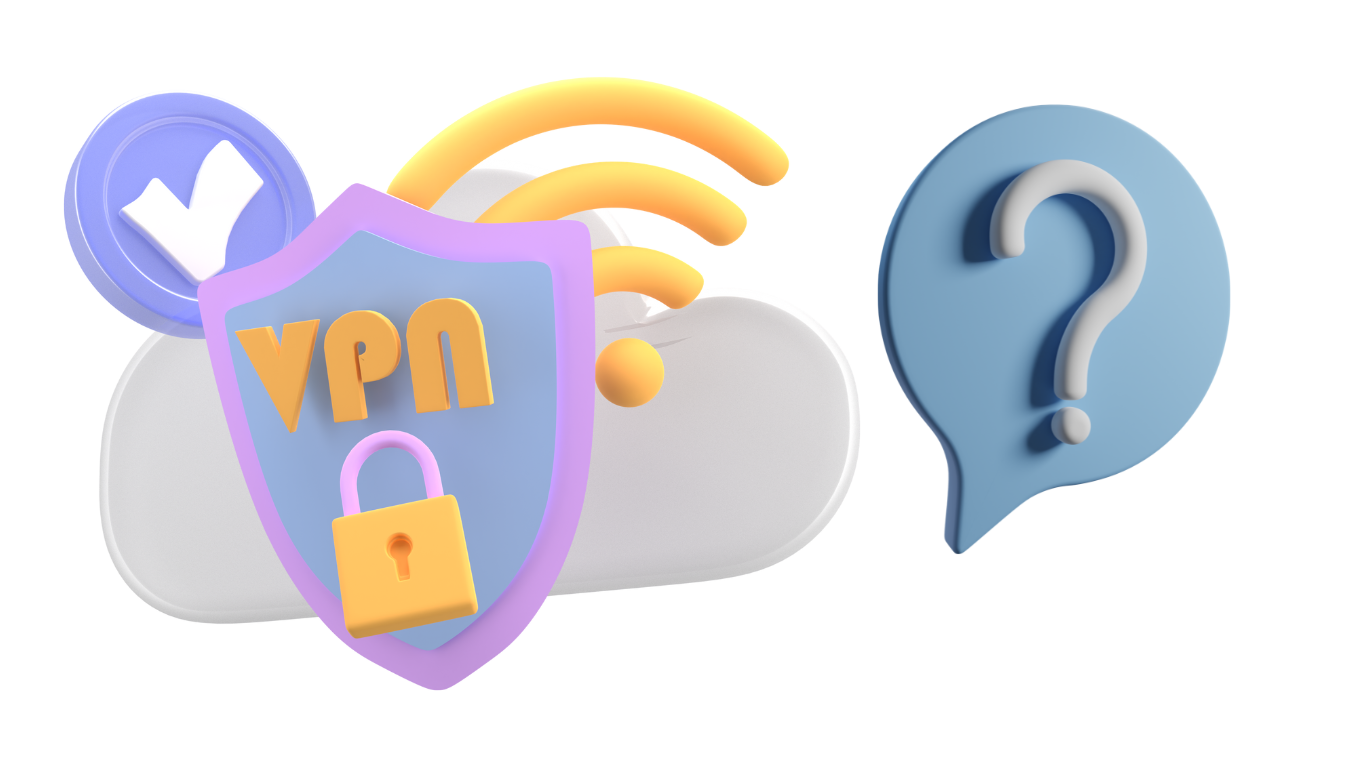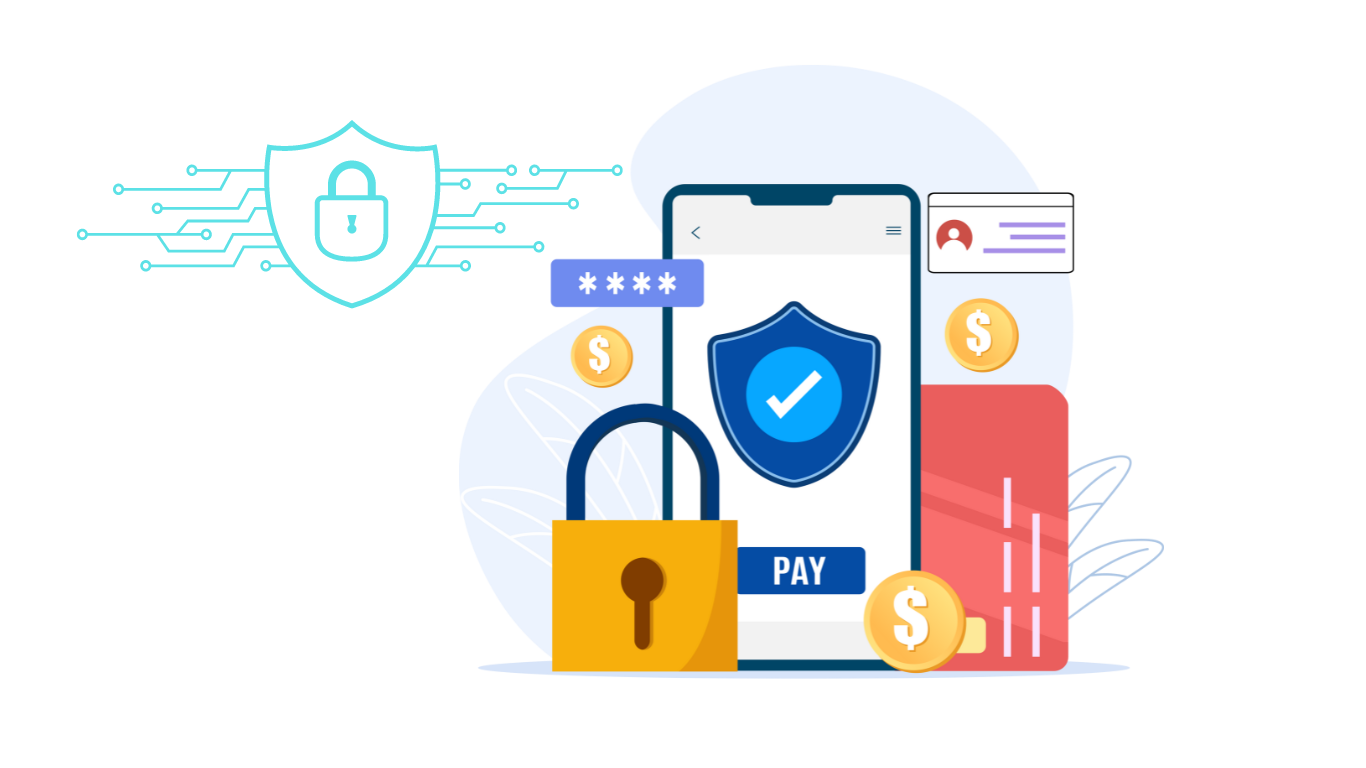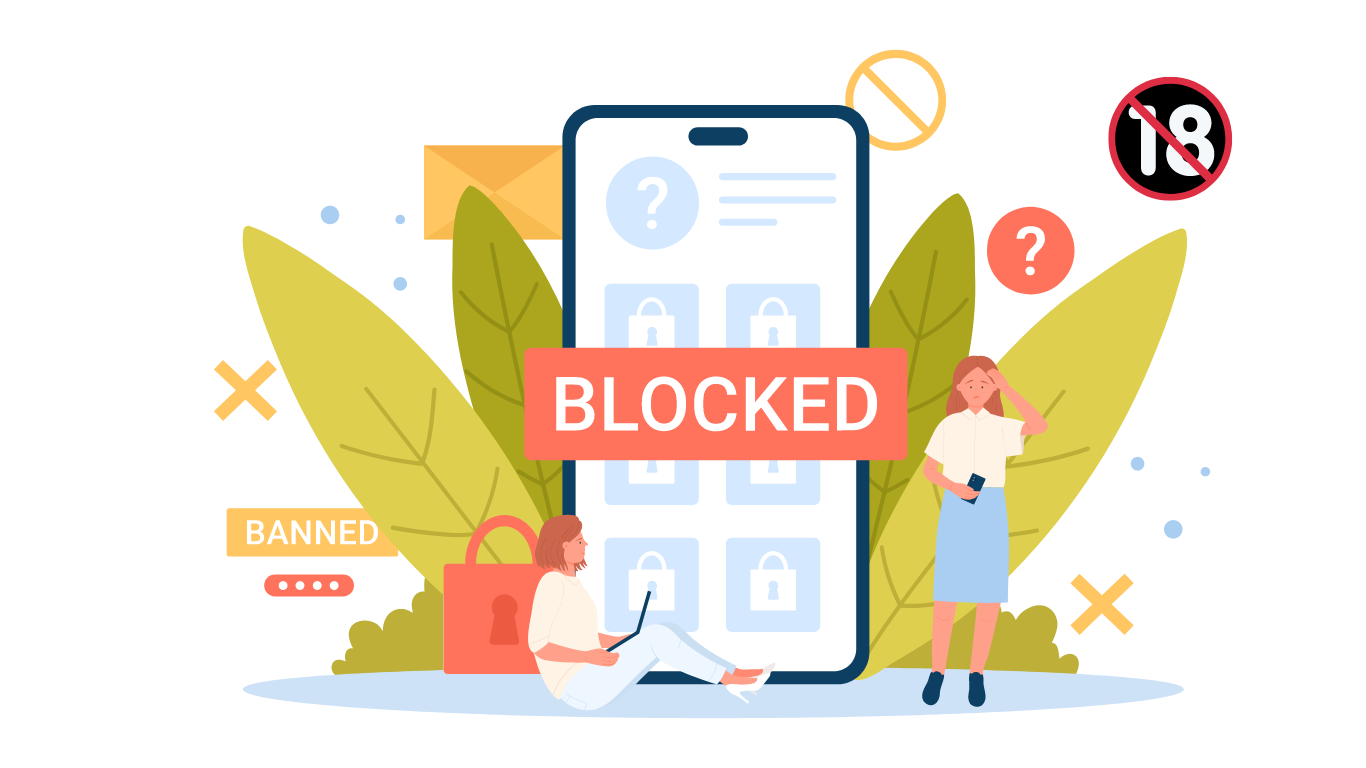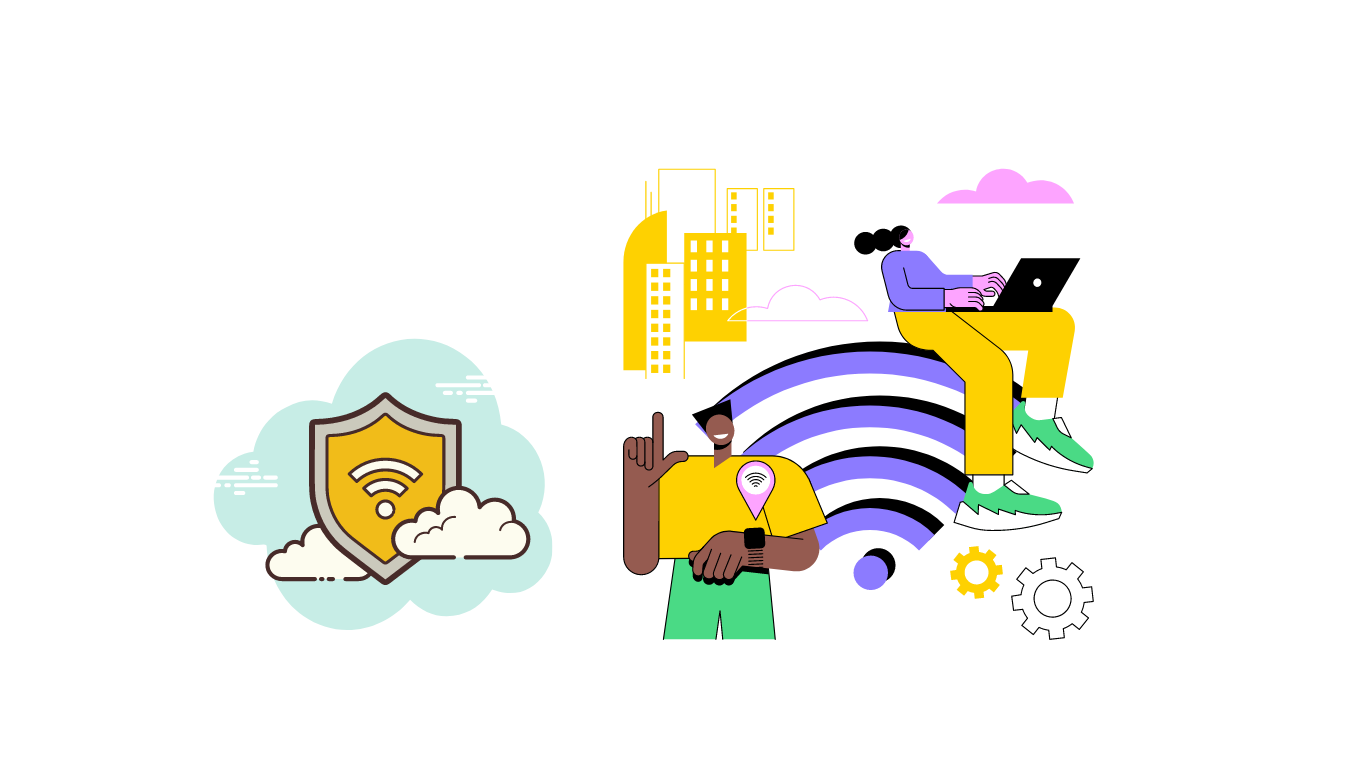What is a VPN?
A VPN, or Virtual Private Network, is a tool that secures your internet connection by encrypting your data and masking your IP address. It protects your online privacy from prying eyes, allows access to geo-restricted content, and ensures your browsing remains anonymous.

Why Use a VPN?
Enhance Privacy and Security
What is VPN? A VPN encrypts your internet traffic, creating a secure tunnel between your device and the internet. This encryption protects your data from hackers and cybercriminals, and it prevents your ISP or other entities from tracking your online activities. By masking your IP address, a VPN also helps maintain your anonymity while browsing.


Bypass Geo-Restrictions
Many websites and streaming services restrict content based on your geographic location. With a VPN, you can connect to servers in different countries, making it appear as if you’re browsing from that location. This allows you to access content that might be unavailable or restricted in your region, including international TV shows, movies, and other media.
Protect Privacy on Public Wi-Fi
Public Wi-Fi networks, such as those in coffee shops or airports, are often less secure and can be a target for hackers looking to steal personal information. A VPN encrypts your connection on these networks, protecting your sensitive data, such as login credentials and financial details, from being intercepted by cybercriminals.

How VPNs Work?
Step 1
Connection Initiation
When you activate a VPN on your device, it initiates a connection to a VPN server. This involves user authentication, which may include entering login credentials or using multifactor authentication to verify your identity.
Step 2
Encryption and Handshake
Once authenticated, your device and the VPN server perform a “handshake,” agreeing on encryption protocols and exchanging keys. This ensures that only your device and the VPN server can decrypt the data being transmitted. Your internet traffic is then encrypted before it leaves your device.
Step 3
IP Address Masking and Data Forwarding
The encrypted data is transmitted through a secure tunnel to the VPN server. At the VPN server, your data is decrypted and assigned a new IP address, masking your original IP address. The VPN server then forwards your request to the intended destination on the internet.
Step 4
Return Data Encryption and Delivery
The response from the destination is sent back to the VPN server, which encrypts it and sends it back through the secure tunnel to your device. Once received, the data is decrypted, allowing you to view it securely.
FAQ about What is VPN?
What is a VPN?
A Virtual Private Network (VPN) is a secure network connection that allows you to access the internet anonymously. It creates a private tunnel between your device and a remote server, encrypting your data and hiding your IP address.
Why should I use a VPN?
Privacy and security: VPNs protect your online privacy by masking your IP address and encrypting your data, making it difficult for hackers, ISPs, or governments to track your online activities.
Access geo-restricted content: VPNs can help you bypass geographic restrictions and access content that is blocked in your region, such as streaming services or websites.
Public Wi-Fi security: Using a VPN can protect your data when connecting to public Wi-Fi networks, which are often less secure than your home network.
Is using a VPN legal?
In most countries, using a VPN is legal. However, some countries, such as China, Russia, and Iran, have restrictions or bans on VPN usage. It’s important to check the laws in your country before using a VPN.
Can I use a free VPN?
While free VPNs are available, they often come with limitations such as data caps, slower speeds, and fewer server options. Additionally, some free VPNs may compromise your privacy by logging and selling your data. It’s generally recommended to use a reputable paid VPN service for better security and performance.
Can I use a VPN for streaming?
Yes, many people use VPNs to access streaming services that are geo-restricted. By connecting to a VPN server in a different country, you can access content that may not be available in your region. However, not all VPNs can bypass the restrictions of every streaming service, so choose a VPN known for its streaming capabilities.
What are the different types of VPN protocols?
OpenVPN: A popular and secure protocol known for its versatility and compatibility.
WireGuard: A newer protocol known for its speed and simplicity.
IKEv2: A protocol often used for mobile devices due to its fast connection speeds and reliability.
